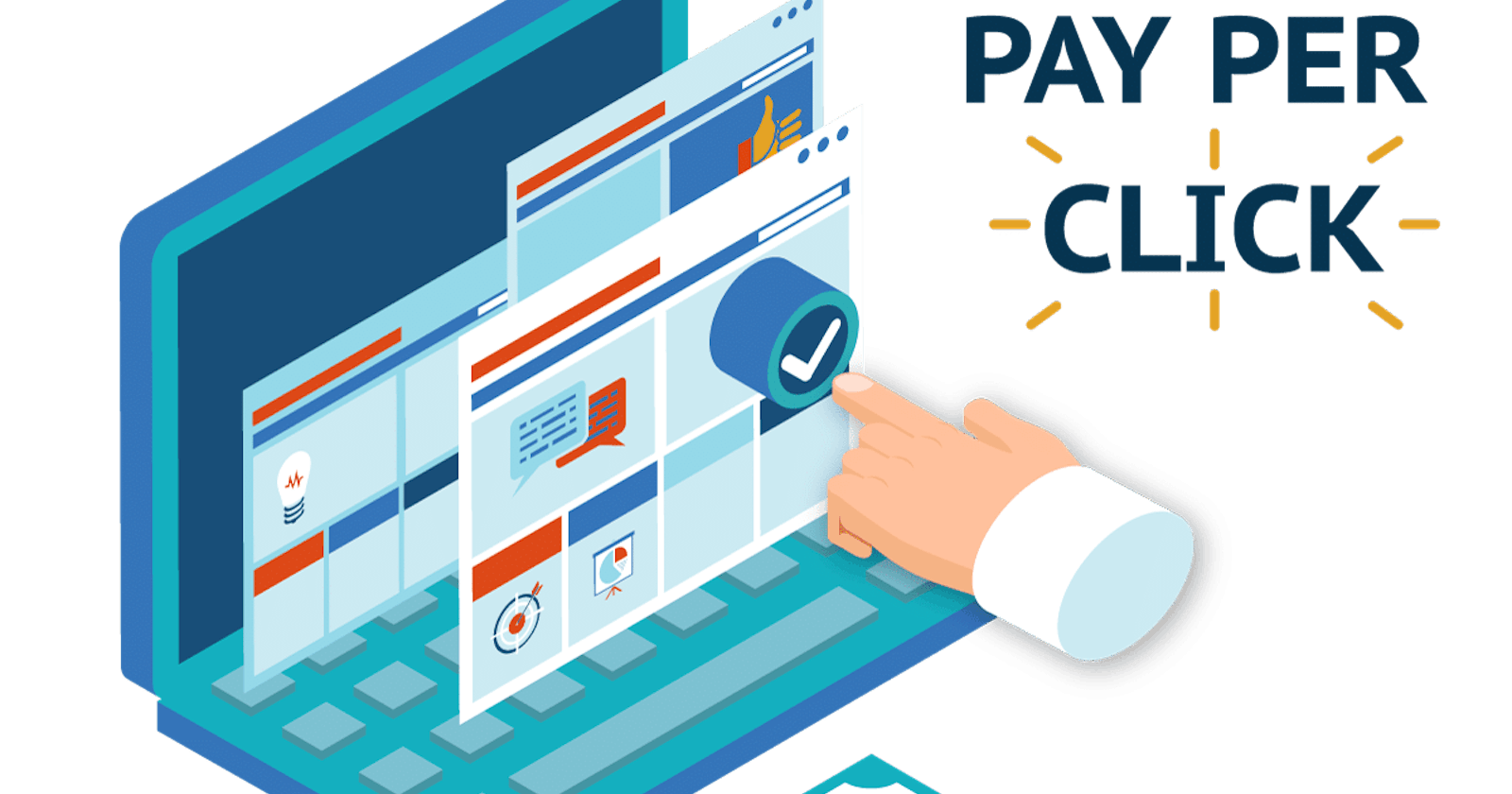PPC or pay-per-click is a type of internet marketing which involves advertisers paying a fee each time one of their ads is clicked. Simply, you only pay for advertising if your ad is actually clicked on. It’s essentially a method of ‘buying’ visits to your site, in addition to driving website visits organically.
One of the most popular forms of PPC is search engine advertising, which allows advertisers to pay for ad placement in a search engine’s sponsored links. This works when someone searches for a keyword related to their business offering. For example, if we bid on the keyword ‘Google Shopping Management’ our ad might show up at the top of the Google results page.
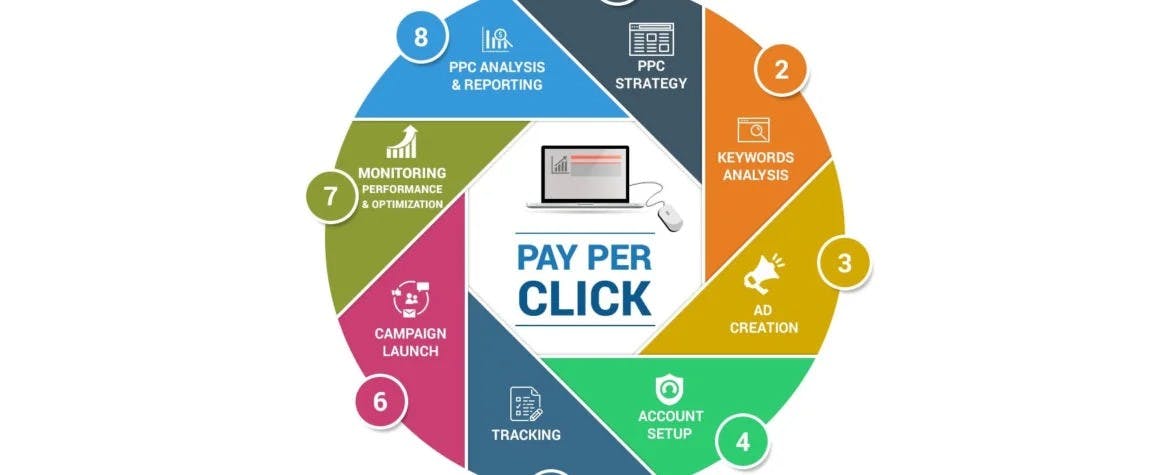
The benefits of using PPC
PPC has many advantages that will benefit your business, including the following:
Optimised PPC is cost-effective · Your ad will be displayed on the first results page when someone searches for a related term · More exposure and brand visibility as targeted traffic is directed to your site
You can run multiple ad campaigns for each keyword · It results in higher click-through rates (CTR), more conversions, and increased sales revenue · Provides instant traffic
If PPC is working as it should, the return on ad spend (ROAS) should be high, as a visit to your site is worth more than what you pay for it. However, it’s not as simple as just paying for the clicks and gaining traffic, a lot goes into putting together a strong PPC campaign. It consists of choosing the right keywords, arranging those keywords into well-organised campaigns and ad groups, and setting up PPC landing pages that are optimised for conversions.
It’s important to learn the best ways to conduct a PPC campaign, as the more relevant, well-targeted PPC campaigns will be rewarded by search engines with lower-costing ad clicks. Google will reduce your cost per click if your ads are satisfying and useful to users, ultimately, earning you a higher profit.
Who should use PPC?
PPC advertising is ideal for small businesses as you get to decide how much you’re willing to spend on each keyword, so you can manage how much you will be spending when your ads are displayed. In essence, this ensures that the money you spend on ads isn't wasted, as you’re more likely to attract more people who are interested in your product.PPC advertising is ideal for small businesses as you get to decide how much you’re willing to spend on each keyword, so you can manage how much you will be spending when your ads are displayed. In essence, this ensures that the money you spend on ads isn't wasted, as you’re more likely to attract more people who are interested in your product.
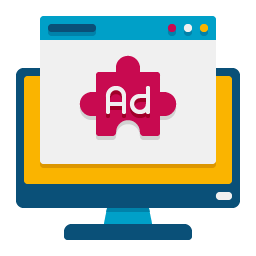
The digital marketing tides are shifting and many companies are looking for fast, effective ways to position their brands in front of high-converting customers. Increase your search engine visibility and get immediate results with Thrive Internet Marketing Agency’s PPC management services.
How does PPC work
Thrive’s PPC experts explain what is paid search and how it works to guide you through the fundamentals of PPC management. By understanding pay per click processes, you have a better chance of launching profitable campaigns. Learn all about PPC marketing and find out how our pay per click marketing agency can help you achieve success. Pay per click marketing is a paid search model used to build brand awareness, promote brand offerings and gain immediate traction from specific audience segments. With PPC, advertisers only pay each time a user clicks on the PPC ads -- hence the name pay-per-click.
People usually think of Google PPC when hearing or talking about what is pay per click. But pay-per-click goes beyond the Google search engine results pages (SERPs) and the Google Display Network. Social media sites, such as YouTube, Facebook, Pinterest and LinkedIn, also use the pay per click model.
PPC allows marketers to place ads strategically on a variety of online marketing platforms to make their products and services highly visible to their target market. This means the advertisements you see across the web are pay per click ads.
What Are the Different Types of PPC Ads?
Now that you know what is paid search, the next step is to understand the different types of PPC marketing campaigns that can help you build your online presence and promote your services to the right audience. Our pay per click advertising agency works closely with your team to determine the appropriate PPC ads that you can use to fill your sales funnel.
There are various types of pay per click ads available, depending on your goals:
Display Ads
Display advertising is known for its effectiveness in reaching more than 90 percent of online users. Display ads appear on Google’s partner websites, targeting people who visited industry-related sites. Display advertising maximizes photos and texts to capture the online users’ attention and convince them to take action. Our pay per click advertising agency recommends display advertising to companies with lengthy sales cycles and niche or luxury customers.
Social Ads
Social media paid advertising is the fastest-growing segment of pay per click advertising services. Social ads appear on social media platforms, such as Facebook, LinkedIn and Twitter. They are programmed to reach prospects based on their hobbies, networks and interests, among other factors. Social media advertising is suitable for brands with an active social media presence and highly-targeted customers.
Remarketing Ads
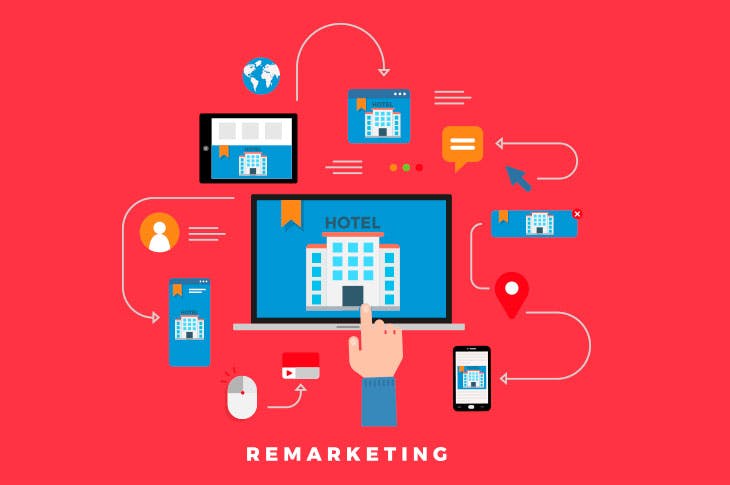
Remarketing is one of the best ways to reach high-converting customers and double your turnovers. Remarketing ads remind people who have already visited your website to come back and compel them to convert. Unlike search advertising, remarketing is relatively cheaper because there are lower competition and highly targeted customer segments. Our PPC marketing firm uses smart PPC ad formats and extensions to produce significant results with your PPC campaign.
In-stream Ads
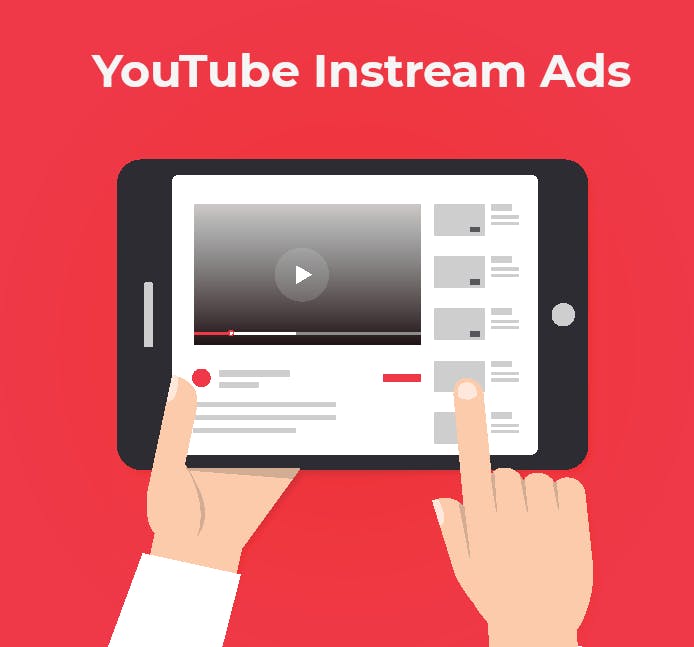
In-stream ads are also called YouTube ads. These are pay-per-click ads that appear on YouTube search results, YouTube videos and video partners on Display Network. YouTube ads present your brand in a unique and memorable way. Recently, Facebook has launched in-stream ads, allowing companies to place advertisements in the best slots and natural breaks in video content.
Local Services Ads
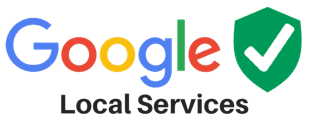 Local service ads follow a pay per lead model. This means you don’t have to pay for clicks that don’t turn into leads. Local services advertising is only applicable to a few markets, including HVAC companies, electricians, plumbers and locksmiths. Our PPC firm partners with local service providers to make their businesses more visible to their target demographics.
Local service ads follow a pay per lead model. This means you don’t have to pay for clicks that don’t turn into leads. Local services advertising is only applicable to a few markets, including HVAC companies, electricians, plumbers and locksmiths. Our PPC firm partners with local service providers to make their businesses more visible to their target demographics.
Google Shopping

Google Shopping is another excellent example of a PPC channel. It runs through Google Ads and can be used by retailers to get their products in front of interested shoppers. Since Google is the most used search engine, having your products shown as part of the search engine results page (SERP) can hugely increase visibility, impressions, and help drive traffic to your website. Google Shopping management can be a complex beast to tame. From different automation options to manual management or third-party agencies, retailers have different methods of making the channel profitable.
Pay-Per-Click Models
Commonly, pay-per-click advertising rates are determined using the flat-rate model or the bid-based model.
1. Flat-rate model
In the flat rate pay-per-click model, an advertiser pays a publisher a fixed fee for each click. Publishers generally keep a list of different PPC rates that apply to different areas of their website. Note that publishers are generally open to negotiations regarding the price. A publisher is very likely to lower the fixed price if an advertiser offers a long-term or a high-value contract.
2. Bid-based model
In the bid-based model, each advertiser makes a bid with a maximum amount of money they are willing to pay for an advertising spot. Then, a publisher undertakes an auction using automated tools. An auction is run whenever a visitor triggers the ad spot.
Note that the winner of an auction is generally determined by the rank, not the total amount, of money offered. The rank considers both the amount of money offered and the quality of the content offered by an advertiser. Thus, the relevance of the content is as important as the bid.
Written By: Deepshikha Niyogi
